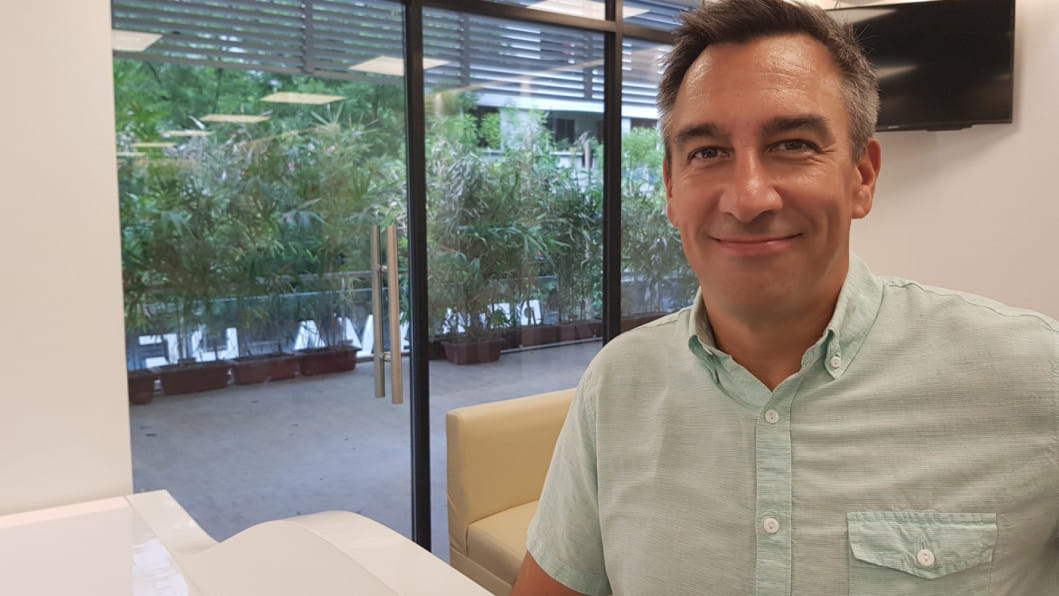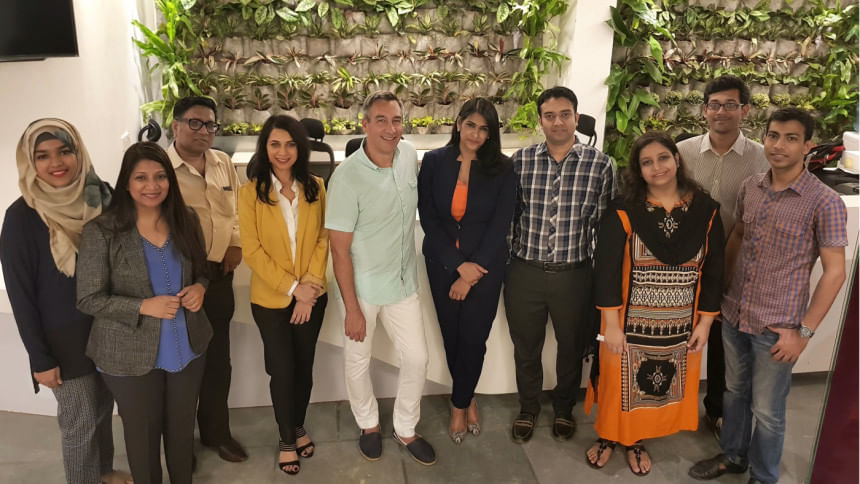Putting people at the heart of innovation

Tell us about your journey from Summize to Twitter.
At Summize, my co-founder Eric Jensen and I were exploring our theory that real-time summarisation and sentiment analysis—looking at how people feel about a given topic—were important. Once we realised that Twitter's content and Summize's technology were a good fit, a union between Twitter's 12 employees and Summize's six was inevitable.
You were working for corporates before, including as the Chief Architect of AOL. What compelled you to switch?
I left academia because I was excited about building things that people actually used. If the natural progression of the desire to build things that people use brought me to the corporate world, the only next logical step is to build things that you think people need instead of what corporations think people need. Then you start building your own and investing in other people who are building things.
Your tech-lifestyle startup, Pushd, has several products, i.e. Steven, Aura Frames, Social Space, etc. Which is the most promising?
Right now Pushd is solely focused on Aura Frames. We are really excited—Aura is the only example of a social platform of hardware devices that physically live in people's homes. Aura Frames takes the concept of a simple digital picture frame that allows all family members to automatically contribute photos via facial recognition. So, I can take photos of our daughter and they automatically show up at my parents' house without my having to do everything.
You have also invested in Ando, a NY-based restaurant, and Alta Vista, a school. These are so far from tech. What do you look for before you invest in any venture?
Alta Vista is a school that solves a problem—there isn't enough STEM education in San Francisco. I wanted to be part of bringing that to the Bay area because I believe STEM education is so important. We helped to create the school and our daughter is a student there.
What I look for in investments is sector or industry agnosticism. My investment thesis is the following: 1) Invest in things you think the world should have, or 2) Invest in people. Even better if you can find both in the same investment!
What brings you to Dhaka?
I'm here in Dhaka because I wanted to accompany my father to visit some of our relatives, and to support my cousin Sylvana Sinha, who is the Founder of Praava Health. I'm so excited to see what she is building here. As someone with a passion for information technology, I'm most excited that Praava is harnessing cutting-edge technology tools to deliver a better patient experience and improve access and outcomes for Bangladeshis. In a country like Bangladesh, which has only three physicians for every 10,000 people—when the UN recommends 10 physicians per 10,000—the best way to improve access to healthcare is to leverage technology to improve efficiency in processes and access.

Praava is bringing Bangladesh its first patient portal, which will allow you to access medical records, make appointments, and communicate with your doctor on your phone (through an app) or through Praava's website. You can even upload your medical records from other facilities to the portal, allowing you to have all of your medical records in one place.
From an entrepreneur's point of view, what do you think is going to be the next big thing in Bangladesh?
The biggest challenge for entrepreneurs seems to be access to capital. It's time for venture capital to come in and see Bangladesh as a promising market for investment. By all measures, it should be seen as such, but I know Western markets still perceive Bangladesh as a risky and unknown frontier, even though Bangladesh is at a critical juncture in its economic development as one of the fastest growing economies in the world.
I can see on this trip what Sylvana has been telling me for awhile—if you're someone who wants to build or create something, being here feels like being a kid in a candy store. There are tremendous need and opportunity as well as a talented and growing workforce that is ready for the future. The most challenging obstacle is convincing investors that the local financial and banking institutions will welcome and facilitate their investments in this market.
Engineer-turned-writer, Shahriar Rahman is Sub-Editor of the tech publication of The Daily Star. He also leads Kutumbita, a social impact startup.

 For all latest news, follow The Daily Star's Google News channel.
For all latest news, follow The Daily Star's Google News channel. 



Comments